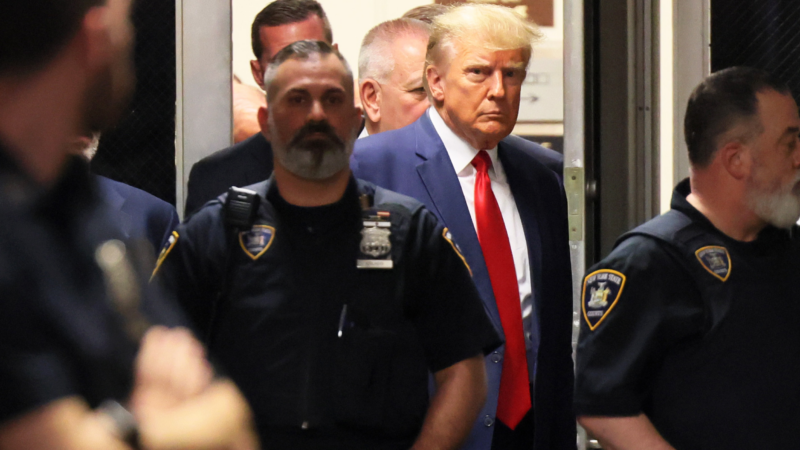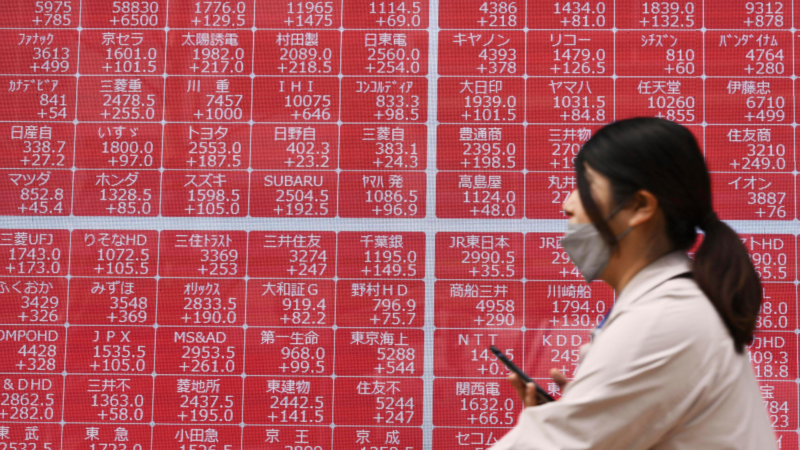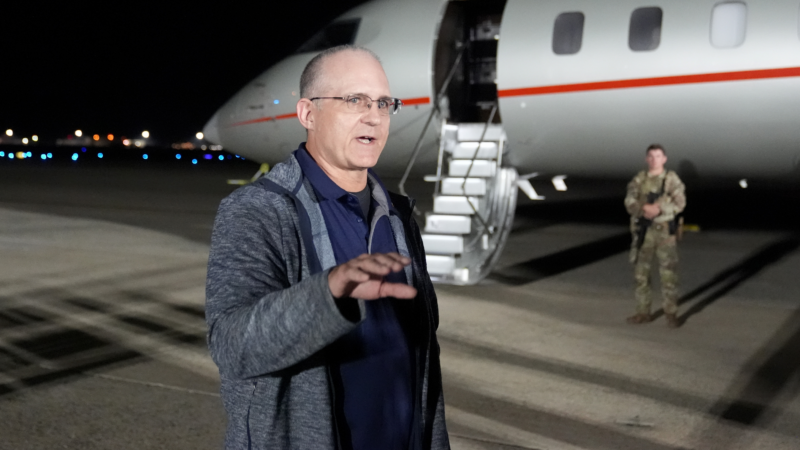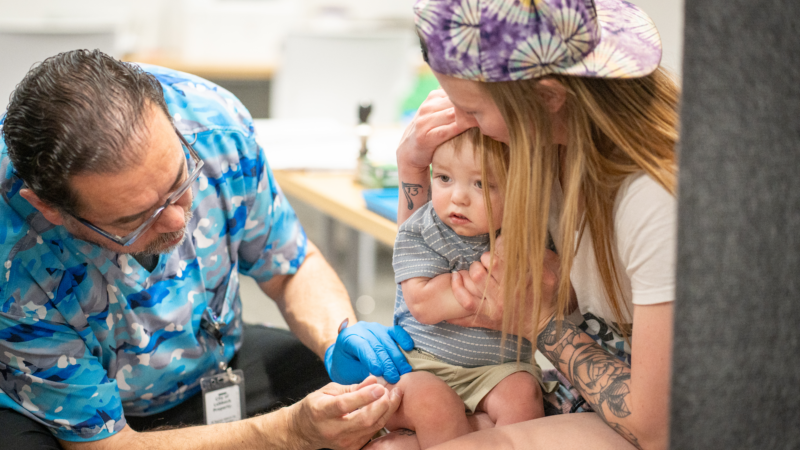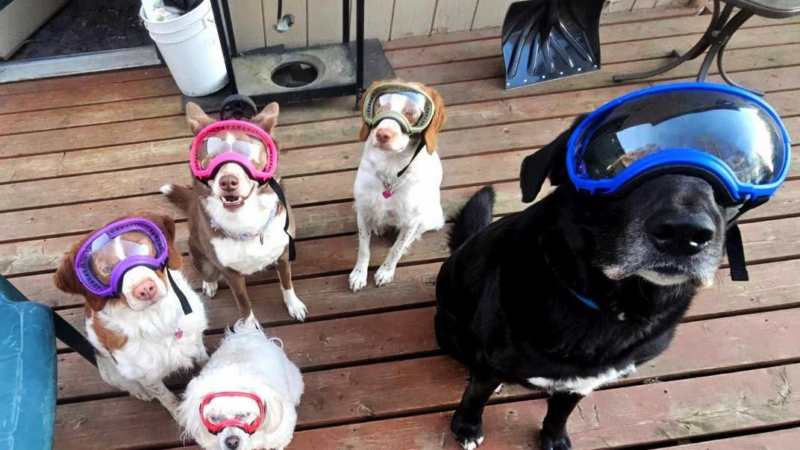Trump loses Supreme Court appeal to block hush-money sentencing
A divided U.S. Supreme Court rejected President-elect Donald Trump’s request to stop his sentencing in the New York hush-money case, scheduled for Friday.
The court, in a rationale for its order Thursday, said Trump could address his issues with the verdict through appeals, and that “the burden that sentencing will impose on the President-Elect’s responsibilities is relatively insubstantial in light of the trial court’s stated intent to impose a sentence of ‘unconditional discharge’ after a brief virtual hearing.”
Conservative Justices Clarence Thomas, Samuel Alito, Neil Gorsuch and Brett Kavanaugh would have granted Trump a reprieve.
The decision closes off the last legal avenue for Trump to halt his sentencing, which takes place just 10 days before his inauguration to a second term.
A Manhattan jury in May found Trump guilty of 34 felony counts of falsifying business records to conceal a payment to adult film star Stormy Daniels.
This was the only one of Trump’s criminal charges to go to trial, making him the first former or future U.S. president to be convicted of criminal charges.
Judge Juan Merchan of New York has already said he intends to impose an unconditional discharge on the former and future president, meaning Trump will not face prison, probation, or any fines.
The conviction will, however, remain on his record.
Trump has argued that as president-elect he is immune from all prosecution and sentencing, after the Supreme Court last summer ruled that presidents enjoy broad immunity from prosecution.
“This court should enter an immediate stay of further proceedings in the New York trial court to prevent grave injustice and harm to the institution of the presidency and the operations of the federal government,” Trump’s lawyers argued in their application to the Supreme Court.
In response, Manhattan District Attorney Alvin Bragg, who brought the case, said that a sentencing before inauguration would preserve the sanctity of the jury’s verdict and the law.
Bragg also warned that any delay would risk punting proceedings for years, until Trump finishes his second presidential term — which would be unfair since Trump himself asked for multiple delays in sentencing.
“The equities do not favor rewarding a defendant for delays caused by his own litigation choices,” he wrote.
Merchan had previously delayed the sentencing multiple times to avoid the perception of political bias ahead of the 2024 election, and then to allow Trump’s team to argue the president had immunity and the case should be dismissed altogether. Merchan ended up rejecting those claims.
Trump’s lawyers still accused the prosecutor on the case, Bragg, of having political motivations, and argued it was up to appellate courts — and possibly the Supreme Court itself — to weigh in on the presidential immunity claims.
Trump is expected to attend the sentencing virtually, though he has the option to also appear in person.
Trump had previously tried — also unsuccessfully — to appeal to the highest court to lift a gag order that is still in place in the case until he is sentenced, barring him from speaking about prosecutors on the case, court staff or their families.
Asia markets soar, after President Trump pauses global tariffs
Asia markets followed Wall Street's gains after Trump announced a pause on higher global tariffs, but investors are still looking to Beijing for reaction.
‘Black Mirror’ creator pulls from reality in dystopian season 7, out now
Black Mirror season 7 is out now on Netflix. Charlie Brooker, the show's creator, says he's "worrying in what I hope is an entertaining way" in an interview with NPR's A Martínez.
A former hostage struggles with the return home
Paul Whelan was part of the largest prisoner exchange between the U.S. and Russia since the end of the Cold War. He says bureaucracy in the U.S still has him imprisoned.
As measles spreads, federal budget cuts force closure of vaccine clinics
Federal funding cuts, though temporarily blocked by a judge, have upended vaccination outreach across the country, including in Arizona, Minnesota, Nevada, Texas, and Washington state.
Where did U.S. humanities grants go? To projects from a baseball film to AI research
From AI research to historical preservation, programs funded by grants from the National Endowment for the Humanities reach every corner of the U.S. Now the government has terminated those grants.
Doggles and dog booties: Anchorage residents prep pets for volcanic explosion
Mount Spurr, which scientists say is likely to erupt in the coming weeks or months, is about 80 miles west of Anchorage. But ash clouds could reach the state's biggest city.

